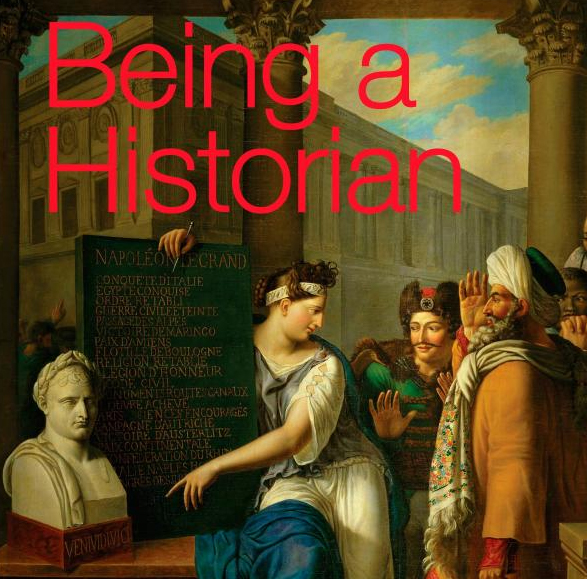Being a Historian: An Introduction to the Professional World of History
Review

Being a Historian: An Introduction to the Professional World of History - James M. Banner, Jr (Cambridge University Press, 2012) 267pp., £18.99 paper, ISBN 978-1107697287
Based on the author's more than fifty years as a professional historian in academic and other capacities, Being a Historian is a book that both aspiring and mature historians should read. It provides an overview of the diversity of professional history that historians need to consider as they learn and practise history examining the condition of the discipline of history in the United States today, what historians need to know about it and what might be undertaken to remedy its shortcomings. What makes the book relevant for British historians and teachers is that many of the issues the author identifies are equally pertinent to the state of history here. Banner argues that historians remain inadequately prepared for their rapidly changing professional world and that the discipline as a whole has yet to confront many of its shortcomings. He also argues that, no longer needing to conform automatically to the academic ideal, historians can now more safely and productively than ever before adapt to their own visions, temperaments and goals as they take up their responsibilities as scholars, teachers and public practitioners. Though this freedom exists among American historians, its fullest expression is yet to be seen in Britain where historians are more reluctant to refine their academic ideals. For instance, while most historians may acknowledge the influence of postmodernist thinking on history, few have grappled with the intricacies of its arguments and its potential for altering how we view the past. The chapter on public history provides perceptive and informed analysis of how this genre has developed, including its growing pains and problems, as well as its promise for augmenting historical scholarship and the practice of history in the future. The book is critical but at the same time optimistic and suggests many topics for further scholarly and professional exploration, research and debate. This excellent, combative and challenging study contains much that we, on this side of the pond, need to contemplate.

